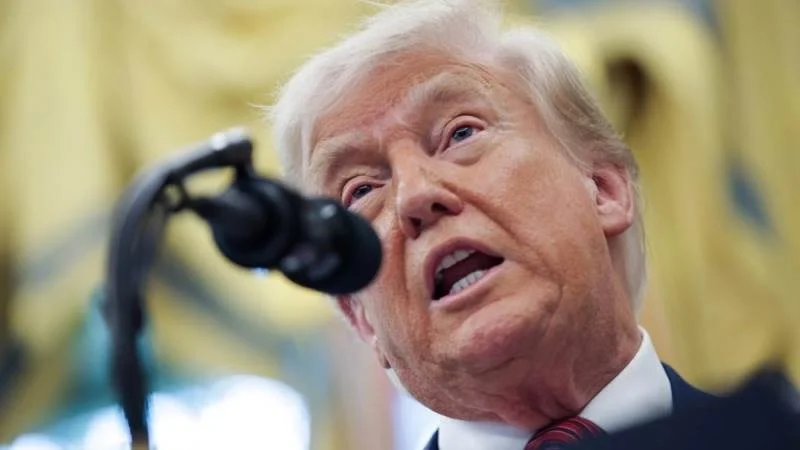
National Space Council Revival: Trump-Era Initiative Returns Amidst Space Race and Commercial Ambitions
Is the National Space Council making a comeback? Rumors are swirling that the Trump administration's initiative to revive the National Space Council, a defunct advisory body, could be resurrected. This move could significantly reshape US space policy, impacting everything from lunar missions to the burgeoning commercial space sector. Why does this matter? Because the council's return signals a potential shift in priorities and strategies within the US space program, a program currently navigating a complex landscape of geopolitical competition and private sector innovation.
According to reports and analysis from NASA Watch and other sources, the council, typically staffed by a small team led by an executive secretary, acts as a central hub for developing space policy and coordinating efforts across various government agencies, including the Space Force and the Department of Commerce's space offices. Its primary function is to align governmental space-related work and ensure consistent focus.
The potential revival of the National Space Council aligns with the Trump administration's ambitious space goals. These included constructing a space-based missile defense system, achieving a lunar landing before China by 2030, establishing a human presence on Mars, and fostering the growth of commercial space enterprises. This strategy included potentially launching new rockets next year to trial systems for landing astronauts on Mars.
One potential consequence of the council's return is a dilution of influence for figures like Elon Musk, founder of SpaceX, who previously served as an advisor to Trump. Earlier reports indicated that SpaceX opposed the council's reappearance, and former President Trump was reportedly considering discontinuing it. The council also opens up avenues for industry input into White House space policy through its Users' Advisory Group.
The role of Vice President JD Vance is also a factor to watch. While his public statements on space policy have been limited, his prior involvement in the Senate committee overseeing space-related matters suggests he is capable of leading the council. His role as senator for Ohio involved communication with major NASA research facilities in Cleveland.
Originally established in 1989, the council had a dormant period from 1993 until 2017, when Trump reinstated it. During its previous iteration under Vice President Mike Pence and Executive Secretary Scott Pace, the council was instrumental in creating the Space Force, accelerating NASA's Artemis program for lunar exploration, and enacting regulatory reforms to promote commercial space ventures.
While Biden continued to staff the space council, some observers perceived it as less impactful due to Vice President Kamala Harris' reduced public engagement.
Will the revived National Space Council successfully coordinate U.S. space efforts and accelerate its ambitious goals? The future of space exploration, both governmental and commercial, may well depend on the council. What impact will this have on the Artemis program specifically? Share your thoughts and predictions in the comments below.